
This week's traditional tanda is a spirited vals set by Pedro Laurenz.
| Home > Tango Resources > Tangology 101 Blog |

This week's traditional tanda is a spirited vals set by Pedro Laurenz.
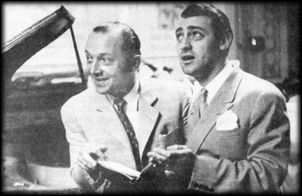
This week's traditional tanda is by Ricardo Malerba with Orlando Medina singing. This is the first tanda that I presenting that is not by one of the major orchestras. Malerba was a regular on the radio for over 20 years and was also popular with dancers for his rhythmic style.
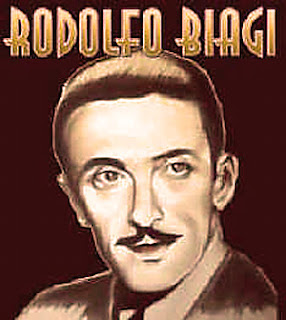
This week's traditional tanda is a rhythmic set by Rodolfo Biagi with Andrés Falgás singing.

This week's traditional tanda is a dramatic set by Osvaldo Pugliese. This set features Recuerdo, the first tango Pugliese composed, in 1924, when he was only 19 years old. The title was originally "Recuerdo para mis amigos" (Memory for my friends) and was an homage to his friends that he used to hang out with in the cafe. This song is often described as a milestone of tango composition for its melodic structure and its complex density. "Recuerdo" shows Pugliese's knowledge of European classical music and his commitment to the streets of Buenos Aires.
"One could speak, with total justice, of compositions before and after Pugliese's 'Recuerdo' and the instrumentalists before and after 'Recuerdo'." - Horacio Ferrer.
Puppy Castello y Graciela Gonzalez, in 1994, dancing to Recuerdo
Nito y Elba, in 2008, dancing to Recuerdo
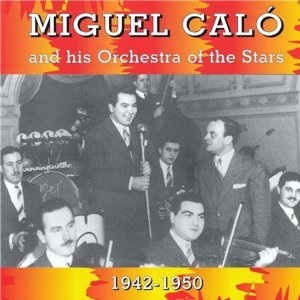
This week's traditional tanda is a great milonga set by Miguel Caló.
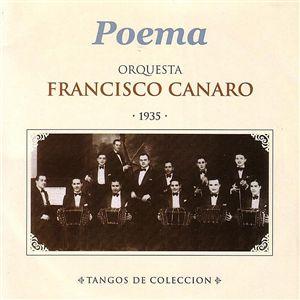
This week's traditional tanda is a popular set by Francisco Canaro with Roberto Maida singing. This tanda features the super popular song Poema. These songs fall at the end of the Guardia Nueva Period (1925 to 1935), when tango was transitioning from the sound of the Guardia Vieja sound to the more modern sound of the Golden Age. These songs still have that old sound, with some touches of the new. Poema has the beat or rhythm of the guardia vieja period which has sort of a dropping feeling (at least to me), but then it also has the elegant strings and smooth singing. Also, notice the strings in the first part and then how the singer almost imitates the strings in the second part.
Here are 3 different versions of Poema. It was originally written on a bus trip by several musicians including Eduardo Bianco and recorded in 1933.
Greek Version:
French Version:
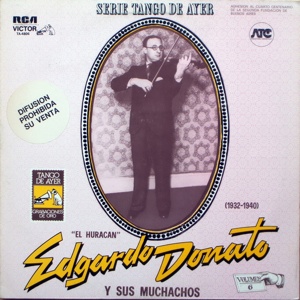
This week's traditional tanda is a super fun set of tangos by Edgardo Donato with Horacio Lagos singing. This is one of my favorite tandas to dance to and it is perfect for canyengue.

This week's traditional tanda is an elegant and dramatic set of tangos by Carlos di Sarli. The last few weeks, we have focused on more rhythmic tangos, so this week I wanted to slow things down. These are slightly after the Golden Age of Tango, but still very danceable. I love all of these songs, but Indio Manso and Hasta Siempre Amor are two of my all time favorite tangos. It is unusual to mix instrumental tangos with tangos with singing in the same tanda, but like any rule it is there to be broken in the right circumstances. Also, the other tangos sung by Horacio Casares are not so good for dancing, so it would be impossible to make a tanda of tangos with him singing.
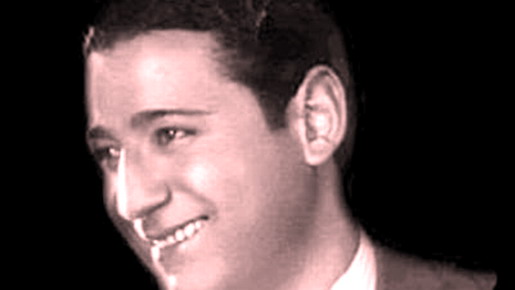
This week's traditional tanda is a rhythmic set of tangos by Enrique Rodríguez with Roberto Flores singing. Last week I featured a set of Vals and a set of Fox Trot-Milongas by Rodriguez, so I figured we would go one more and feature some of his rhythmic tangos. Also, I played this tanda this weekend at Milonga Plaka and it was a success.
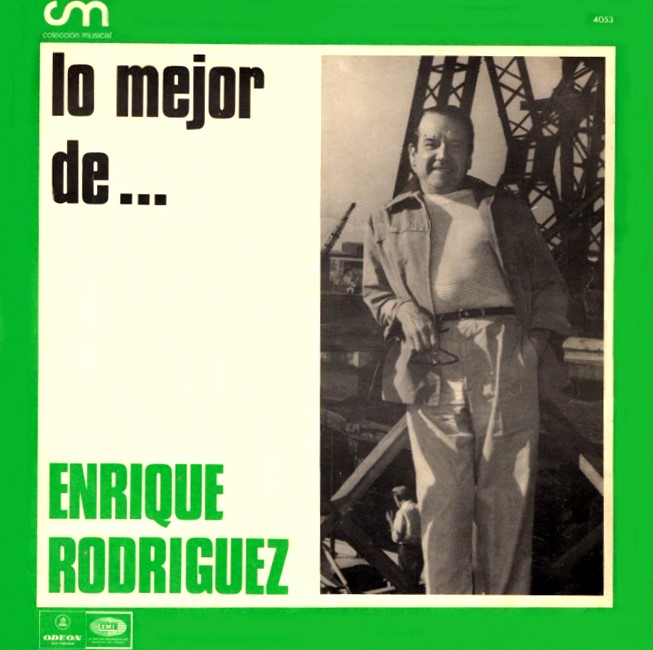
This week's traditional tanda is a fun set of vals by Enrique Rodríguez and Angel Condercuri. This set is always a crowd pleaser. It is just incredibly happy and fun. I usually play 3 vals, so I play the first two and then pick between the last two depending on my mood.
Tengo Mil Novias (I Have a Thousand Girlfriends/Brides) is about a guy that can't settle down because he loves all the women, blondes, brunettes, etc. Isabelita is about a beautiful porteña. "Estas Chicas se quieren Casar" translates to "all these girls want to get married." Fru-Fru is actually a classic French Chanson titled Frou-Frou and is, if I am understanding the translation correctly, about how women in skirts are much better than women wearing pants. Frou-Frou is the sound that a woman's skirt makes when it rustles.
